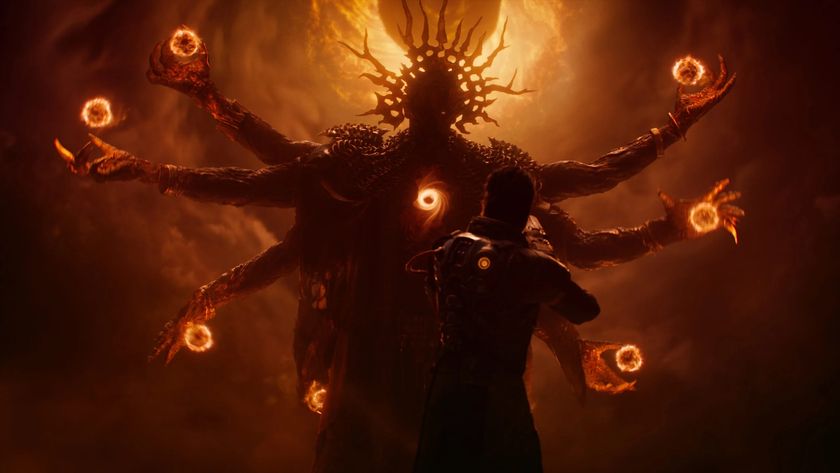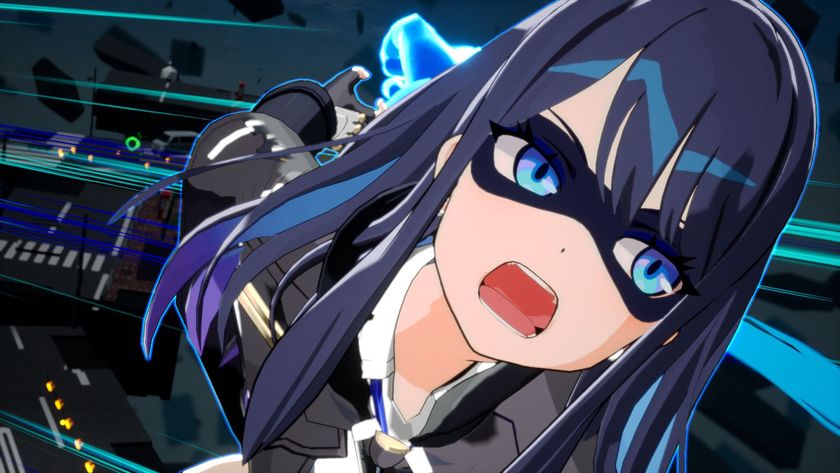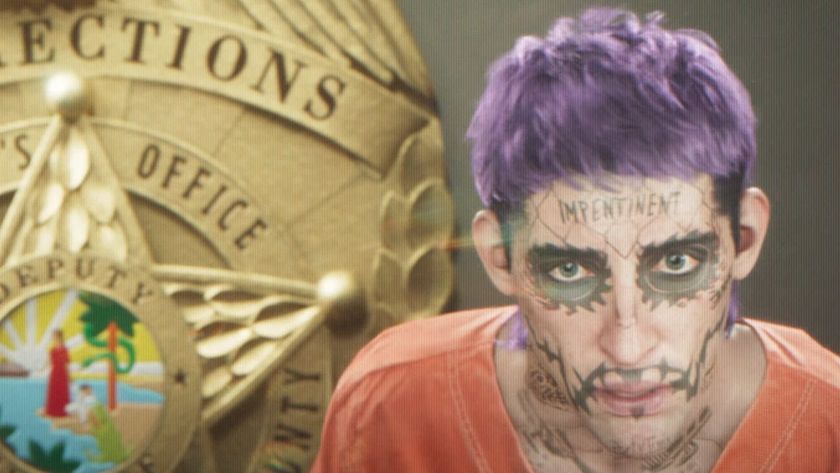Escape Studios is a digital arts academy that has been training world-class artists for the past 13 years. Escape offers a wide range of undergraduate, postgraduate and short courses in visual effects, game art and animation. Head of games Simon Fenton has 22 years of industry experience and spent a decade working as the lead artist on a variety of games at SCEE.
What sets Escape Studios apart from other options available to students?
Our focus and passion for producing game artists drives everything surrounding the course. It’s a cliché, but often our students say that they learnt more with us in three weeks than they have in three years studying elsewhere. We visit many developers within the industry and canvas them regarding the skillsets they require a game artist to know, and our course covers everything an artist needs to learn to work in game development. All of our briefs are industry based and we have technical artists and FX artists from major studios teaching scripting and FX workshops respectively. We’re also very focused on students understanding the importance of art direction and having strong aesthetic judgement.

Simon Fenton
Head of Games
pearsoncollege
london.ac.uk/games
Currently playing:
“I’ve just got into The Witcher III. I couldn’t shake the ghost of Skyrim, but now I’ve stopped comparing it, it’s amazing.”
Industry prospects:
“I think we’re in a golden age. There are so many avenues open to graduates now, and as well as the sheer amount of studios that have sprung up in the UK, the potential to work abroad is huge. All that said, graduates need to rise above all the noise to make themselves heard, which is a challenge. It takes dedication, a high level of professionalism, having an online presence, and above all else being flexible.”
How does your broad reach across visual effects, animation and game art benefit your students?
One of the key strengths at Escape is that tutors don’t teach outside of their professional industry experience. I have done a lot of animation, but when we teach animation principles and tools to our game artists, our head of animation, Alex Williams, who worked on The Iron Giant and The Lion King, will step in. We make sure that we have VFX tutors who have worked in film, teaching rigid bodies and fluids for creating baked simulations, which we then take into Unreal. They bring their VFX focus but it’s couched in the needs of FX for game.
Are those skills relevant across all types of game development?
We teach game artists a range of approaches so they can work at mobile or high-end. But that gap is closing and many games use a mixture of both techniques. A good game artist should have a large box of tricks to draw upon and know when to use them, and our focus on the differences in realtime rendering and optimisation for both mobile and triple-A platforms prepare them to be flexible in their approach to creating artwork.
Sign up to the GamesRadar+ Newsletter
Weekly digests, tales from the communities you love, and more
Which tools do you focus on?
We only look at tools the industry uses or are gaining traction in development. On our games art course we use Maya, Substance Painter, ZBrush, Speedtree, Ndo, Knald, Xnormal, Photoshop, Unity and Unreal engine.
And what, ideally, do you hope Escape graduates leave with?
Escape Studios was founded on the basis that no course out there offered everything you need to go straight into a games art role. After our intensive industry-standard training in game art tools and approaches, Escape students will have worked on multiple industry briefs to gain the skills necessary to create great work and will have a deep appreciation of what it takes to be a game artist. We hope that our students graduate knowing they have everything they need to dive straight into their career, from actually learning the skills to having a studio-ready portfolio.
Most Popular







